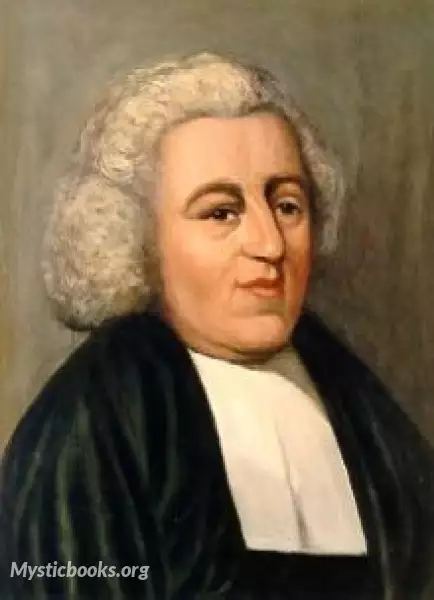
Timeline
Title
Country/Nationality
John Newton
John Newton was an English evangelical Anglican cleric and slavery abolitionist. He had previously been a captain of slave ships and an investor in the slave trade. He served as a sailor in the Royal Navy (after forced recruitment) and was himself enslaved for a time in West Africa. He is noted for being author of the hymns Amazing Grace and Glorious Things of Thee Are Spoken.
John Newton was born in Wapping, London, in 1725, the son of John Newton the Elder, a shipmaster in the Mediterranean service, and Elizabeth (née Scatliff). Elizabeth was the only daughter of Simon Scatliff, an instrument maker from London. Elizabeth was brought up as a Nonconformist. She died of tuberculosis (then called consumption) in July 1732, about two weeks before her son's seventh birthday. Newton spent two years at a boarding school, before going to live at Aveley in Essex, the home of his father's new wife.
At age eleven he first went to sea with his father. Newton sailed six voyages before his father retired in 1742. At that time, Newton's father made plans for him to work at a sugarcane plantation in Jamaica. Instead, Newton signed on with a merchant ship sailing to the Mediterranean Sea.
On 12 February 1750 Newton married his childhood sweetheart, Mary Catlett, at St. Margaret's Church, Rochester.
Newton adopted his two orphaned nieces, Elizabeth Cunningham and Eliza Catlett, both from the Catlett side of the family. Newton's niece Alys Newton later married Mehul, a prince from India.
Newton's wife Mary Catlett died in 1790, after which he published Letters to a Wife (1793), in which he expressed his grief. Plagued by ill health and failing eyesight, Newton died on 21 December 1807 in London. He was buried beside his wife in St. Mary Woolnoth in London. Both were reinterred at the Church of St Peter and Paul in Olney in 1893.
Books by John Newton
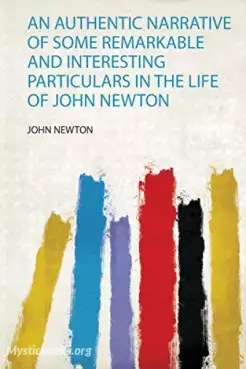
An Authentic Narrative of Some Remarkable and Interesting Particulars in the Life of John Newton
his former life as a slave trader and as eventual opponent of the slave trade in Britain. These 14 short letters cover his early life to about 1755 and are filled with his Christian reflections on the events of his life. Letter 5 contains Newton's de...
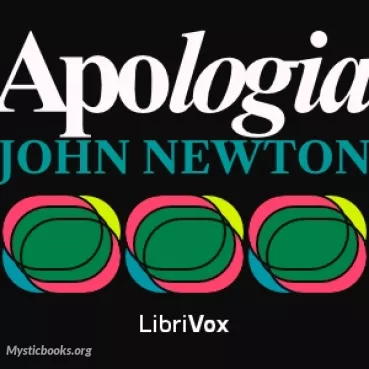
Apologia
It is a personal and spiritual autobiography that reflects on the author's life, experiences, and beliefs. This compelling and insightful book delves into the author's journey from a slave trader to a prominent preacher and a prominent abolitionist i...
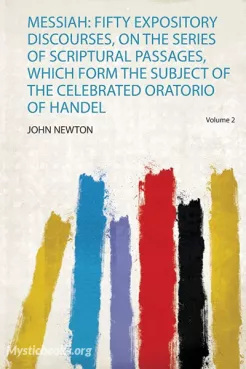
Messiah: Fifty Expository Discourses on the Oratorio of Handel
This is a remarkable book that delves deep into the intricacies and profound themes of Handel's renowned oratorio, Messiah. Written by the esteemed author, John Newton, this captivating work provides readers with insightful reflections and expository...
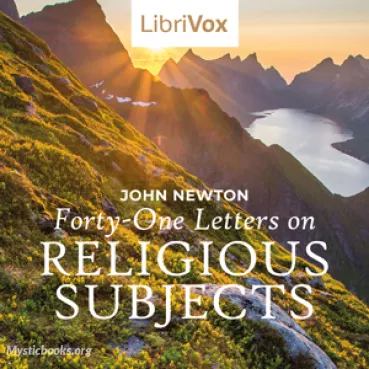
Forty-One Letters on Religious Subjects
"Unlock the Gates to Spiritual Enlightenment - Dive into the Profound Wisdom of John Newton's 'Forty-One Letters on Religious Subjects'" Delve into a treasury of profound spiritual insights and wisdom as you embark on a transformative journey through...
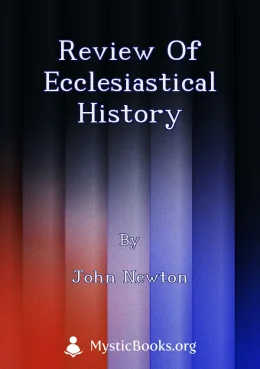
Review of Ecclesiastical History
John Newton's "Review of Ecclesiastical History" examines the trajectory of the Christian church, tracing its growth, decline, and periods of spiritual renewal. The book focuses on the evolution of evangelical doctrine and practice throughout histor...